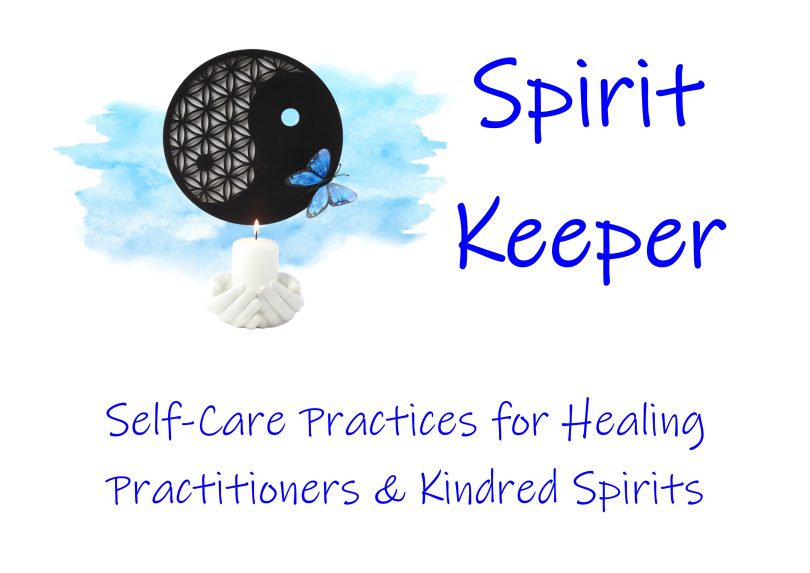Welcome, to Health & Wellbeing Magazine’s Spirit Keeper monthly column. This is the place where you will discover tips and practices for creating, developing and maintaining a personalised self-care practice.
If you are new to this month’s Spirit Keeper column, I recommend reading past articles to find out what a spirit keeper is and subjects already covered around self-care practices.

In this month’s column, we are going to look at new year resolutions and whether they are worthwhile investing time and energy into.
What is a New Year Resolution?
A new year resolution is a promise or goal which you make to yourself at the start of a new year. It is a way to set intentions for personal growth, positive change, and improvement in various aspects of your life.
New year resolutions can be anything from big life goals to small habits you want to change. Some common examples include:
- Career: Getting a promotion, starting a new business, changing careers and/or job.
- Finances: Saving money, budgeting, paying off debt, developing better financial habits.
- Health and fitness: aging gracefully, eating healthier, exercising more, losing weight, management of disability and/or long term illness.
- Personal development: Learning a new skill, quitting a bad habit
- reading more, taking up a hobby.
- Relationships: Spending more time with loved ones, improving communication and emotional intelligence.
While new year resolutions are often associated with the start of a new year, the fact is you can make resolutions at any time. The important thing is to set realistic and achievable goals which you are committed to achieving and where the benefits compound over time.
Why do New Year Resolutions fail?
The University of Scranton, USA states around 40-45% of us will set new year resolutions and only 8% of us will actually succeed. New Year’s resolutions often fail due to a combination of factors. These include:
Instant Results:
Having the expectation for instant results. One of the biggest challenges technology has created for us humans is the concept that everything happens in an instant. Very simply anything online happens in an instant. Anything that creates meaning, connection and love is not instant and often requires us to develop specific skill sets, new ways of thinking, emoting and behaving.
Lack of Motivation and Support:
Maintaining motivation can be challenging, especially when progress is slow or setbacks occur. Having a support system, such as friends, family, or a health, life and/or spiritual coach, can help you stay motivated and accountable.
Lack of a Plan:
Without a clear plan, it is easy to get sidetracked or give up when challenges arise – and they will. A well-defined plan should include specific steps, timelines, and strategies for overcoming potential obstacles. And at the same time flexibility for being able to adapt the schedule and/or timeline to fit into lifestyle changes as they occur.
Self-Sabotage:
Sometimes, we unintentionally sabotage our own efforts by setting ourselves up for failure. This can include making excuses, procrastinating, or not believing in our ability to succeed. We all have ‘stories’ about our self-worth and success. This is very often hidden in our behaviours.
Unexpected Obstacles:
Life is full of surprises, and unexpected events can derail even the best-laid plans. These obstacles can range from personal emergencies to unforeseen circumstances that make it difficult to stick to your resolution.
Unrealistic Goals:
Many individuals set goals which are too ambitious or too vague, making them difficult to achieve and maintain. For example, resolving to “lose weight” is less effective than setting a specific, measurable goal like “lose 10 pounds in 3 months.”

By understanding these common pitfalls as to why new year resolutions often fail, you can take steps to increase your chances of success by setting realistic goals, creating a detailed plan, seeking support, and practicing self-compassion.
Your External Reality is a Reflection of Your Internal Story
The idea that our external reality is a reflection of our internal story is a fascinating one, and it has been explored by philosophers, psychologists and spiritual teachers for centuries. Our internal story is made up of how we think, emote, feel and then act.
Here are a few key ideas to consider:
Self-Fulfilling Prophecy:
Our beliefs and expectations shape our behaviour and influence the way we interact with the world. If we believe we are unworthy of love or success, we may subconsciously sabotage our efforts to achieve these things.
The Importance of Self-Awareness:
By becoming more aware of our thoughts, feelings, and beliefs, we can begin to understand how they influence our experience of life. This self-awareness can help us to identify and challenge negative thought patterns and create a more positive and fulfilling reality.
The Law of Attraction:
This principle suggests that our thoughts and feelings attract corresponding experiences into our lives. If we focus on positive thoughts and emotions, we are more likely to attract positive experiences. Conversely, if we dwell on negative thoughts and emotions, we are more likely to attract negative experiences.
The Power of Perception:
Our perception of reality is subjective and influenced by our past experiences, beliefs, and biases. Two people can witness the same event but interpret it differently based on their individual perspectives. This is why police and insurance companies ask for multiple witnesses to a singular event.
The Role of Intention:
Our intentions and goals can also play a role in shaping our reality. If we set clear intentions and take action towards achieving them, we are more likely to manifest our desired outcomes.

By exploring these questions and practicing self-awareness, we can gain a deeper understanding of the relationship between our internal story and our external reality and how this affects our goal setting.
The 3 Things Which Are Often Rushed Over In Goal Setting
For me there are three specific things which often get rushed over when it comes to ‘goal setting’ or ‘new year resolution’ planning. These are:
- Perspective and what this means when it comes to thinking, emoting and behaving.
- What type of thinking, speaking and behaviours do I need to embody to achieve my goal?
- The power of compounding – small steps taken regularly.



